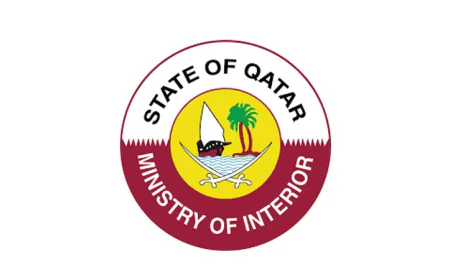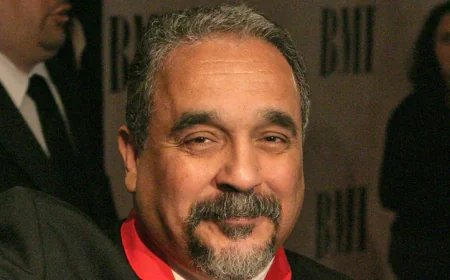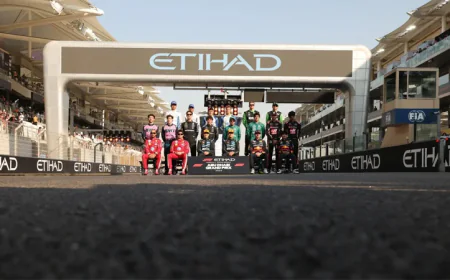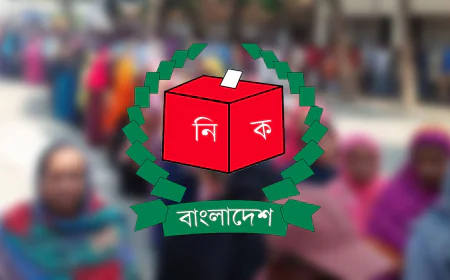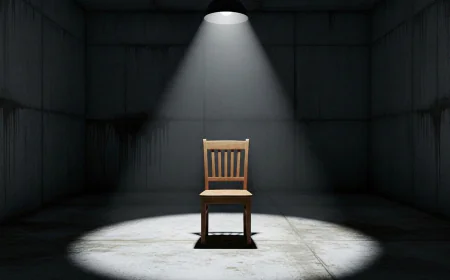Opinion / Budget 2025-2026
Weighing Heavily on the People for Revenue Growth
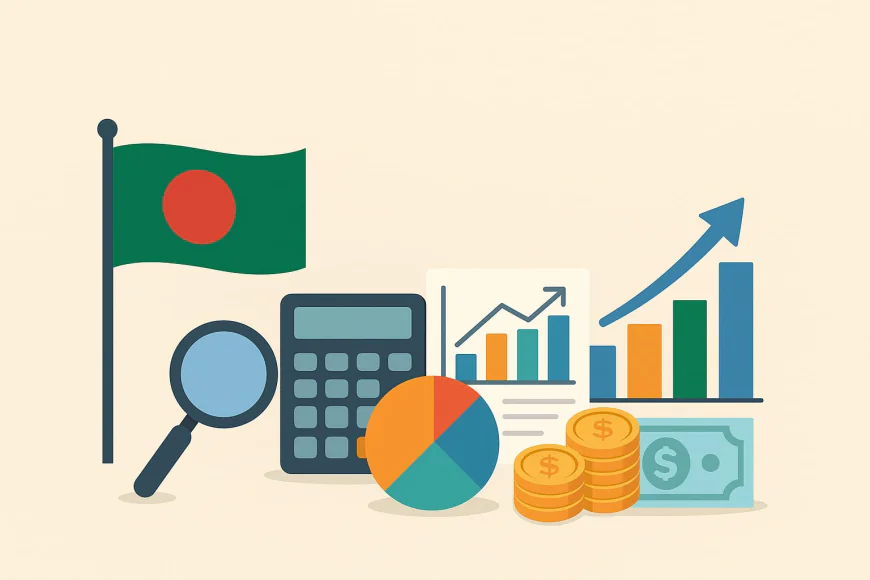
The proposed budget for the fiscal year 2025–26 has been set at BDT 7.9 trillion. According to the Finance Adviser and the National Board of Revenue (NBR), this budget is expected to accelerate the country’s economic progress. But a closer look at its tax and duty structure raises a critical question: is this truly a people-friendly budget—or one that burdens the everyday citizen in the name of revenue collection?
The budget proposal is packed with new or increased taxes, VAT, and duties on a wide range of consumer goods: refrigerators, air conditioners, mobile phones, motorcycles, kitchenware, rods and steel, even shaving blades. These are not luxury items; they are part of modern, everyday life. And increasing costs in these sectors directly affects the middle- and lower-income groups.
Take the example of mobile phones. A small 2%–2.5% increase in VAT on locally assembled handsets may seem marginal on paper—but for a college student from a working-class family, that can make a meaningful difference in affordability. Similarly, VAT on fridges and ACs is set to double from 7.5% to 15%, making essential household appliances further out of reach for many families.
The construction industry is set to feel the brunt as well. Increased VAT on rods and steel could raise per-ton prices by as much as BDT 1,400, significantly impacting housing costs and the rental market. Even environmentally questionable transport like battery-powered rickshaws will become more expensive due to a steep rise in import duty on motors.
Cigarette prices are expected to rise again, not by increasing tax on the product directly—but by increasing the supplementary duty on cigarette paper from 60% to 100%. While this may benefit public health on the surface, it could also put additional strain on the low-income workers in the tobacco supply chain.
Then there's the matter of cosmetics and chocolate—two product categories that serve different classes of consumers. The minimum dutiable import value for lipstick is proposed to be doubled (from $20/kg to $40/kg), and for chocolate, raised from $4/kg to $10/kg. While one might argue these are non-essential goods, their lumping together with basic kitchen items in tax policy raises concerns about consistency and fairness.
That said, there are some commendable initiatives. Doubling VAT on single-use plastics while exempting eco-friendly alternatives shows environmental foresight. Raising tariffs on imported toys to protect domestic industries is also a positive step—assuming quality standards in local production can meet demand.
But overall, the greatest shortfall of this budget is the lack of direct relief or support measures for everyday people. There is little here for food security, healthcare accessibility, or public education development—three pillars that truly reflect the government’s care for its people. In their absence, the perception grows that this budget is a ledger-driven exercise, not a people-centric policy.
It’s true that increasing revenue is essential for national development. But when the cost of that revenue disproportionately falls on essential household consumption, it undermines both economic equity and public trust. A budget is not just an accounting statement—it is a political and moral document that reflects who bears the cost of development.
Unless reviewed and rebalanced, the 2025–26 budget may succeed in meeting revenue targets—but it risks pushing the average citizen further into economic discomfort. In the end, the success of a budget isn’t measured in fiscal reports—it’s measured in how comfortably, safely, and hopefully people are able to live.
